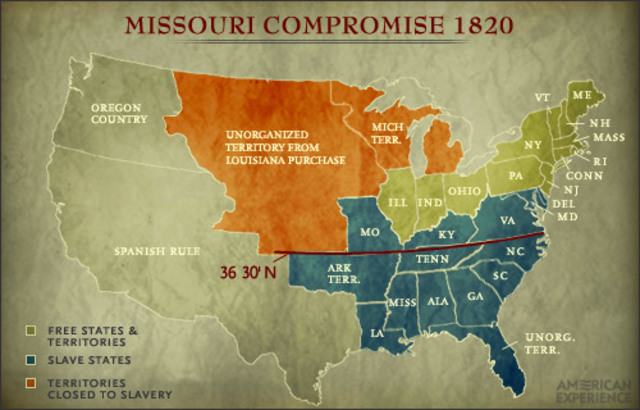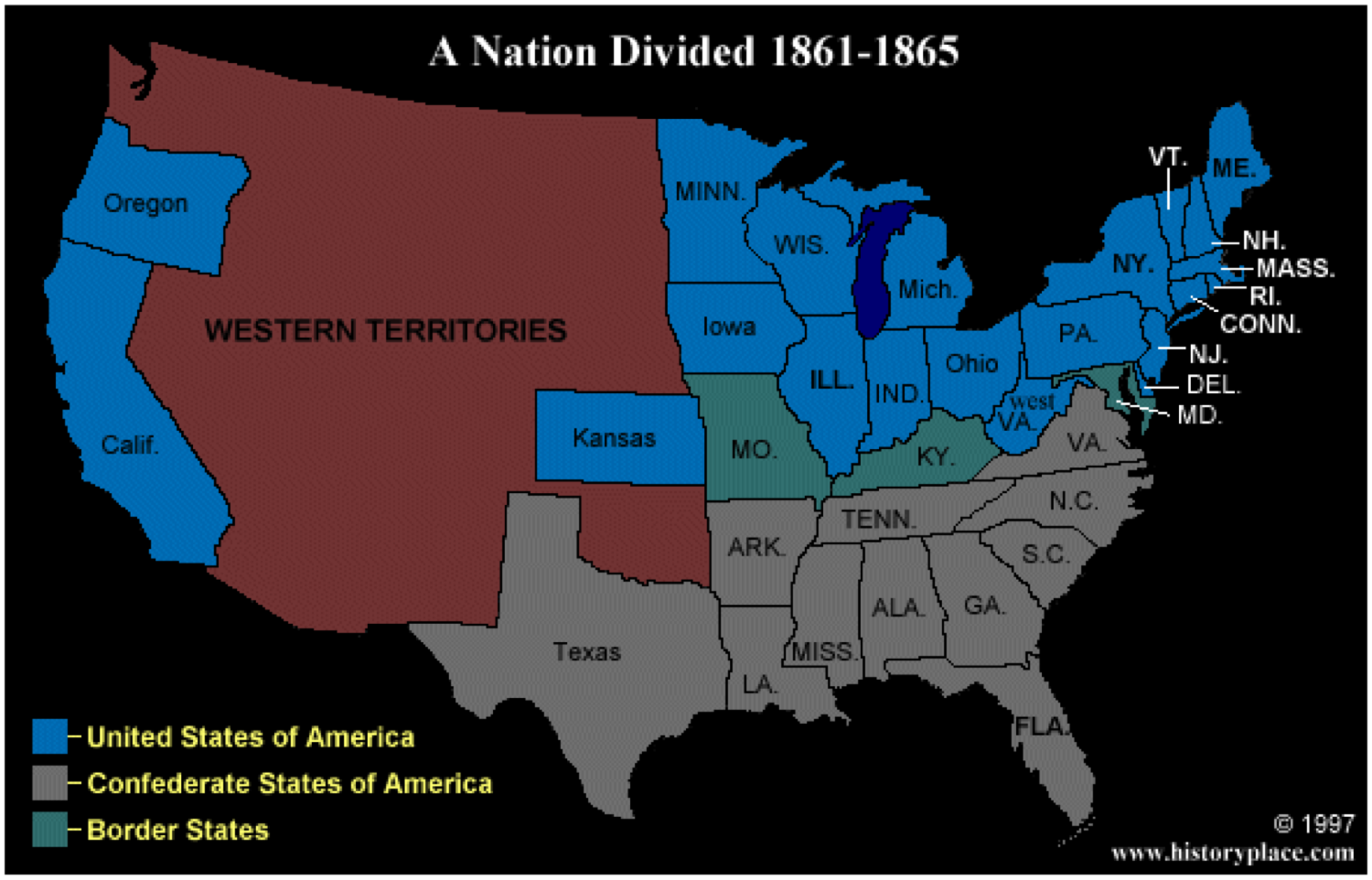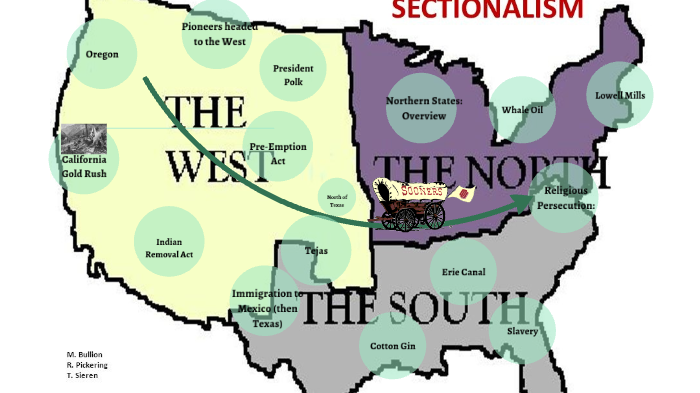Sectionalism refers to the division of a country or region into distinct sections, each with its own distinct interests, values, and identity. In the United States, sectionalism has played a significant role in the country's history, shaping its political and cultural landscape.
One of the earliest and most significant examples of sectionalism in American history was the conflict between the North and the South over issues such as slavery and states' rights. The North and the South developed distinct economies, with the North becoming industrialized and the South remaining agrarian. This led to differences in their political and social values, with the North advocating for abolition of slavery and the South defending it as a cornerstone of their economy.
The issue of slavery eventually led to the American Civil War, which was fought between the Northern and Southern states from 1861 to 1865. The conflict was the culmination of decades of tensions between the two regions and resulted in the deaths of over 600,000 soldiers and civilians. The war ended with the defeat of the Confederacy and the abolition of slavery, but it also left a lasting legacy of division and bitterness between the North and the South.
Sectionalism also played a role in the development of the American West. The expansion of the United States into the western territory was a source of conflict between the North and the South, as each region sought to protect its own interests and values. The Homestead Act of 1862, which granted land to settlers in the West, was seen as a victory for the North, as it allowed Northern farmers to migrate westward and expand their influence.
In the late 19th and early 20th centuries, sectionalism continued to shape American politics, as different regions of the country aligned with different political parties and interests. The Republican Party, which was dominant in the North, was seen as more progressive and supportive of industrialization, while the Democratic Party, which was dominant in the South, was more conservative and supportive of agriculture.
Today, sectionalism continues to be a significant factor in American politics, as different regions of the country often have different political ideologies and priorities. However, the United States has also made significant progress in reducing regional tensions and promoting national unity, as exemplified by the Civil Rights Movement of the 1960s, which aimed to end discrimination and segregation in the South and promote equality for all Americans.
In conclusion, sectionalism has played a significant role in the history of the United States, shaping its political, economic, and cultural landscape. While it has often been a source of conflict and division, the country has also made progress in promoting national unity and addressing regional tensions.







